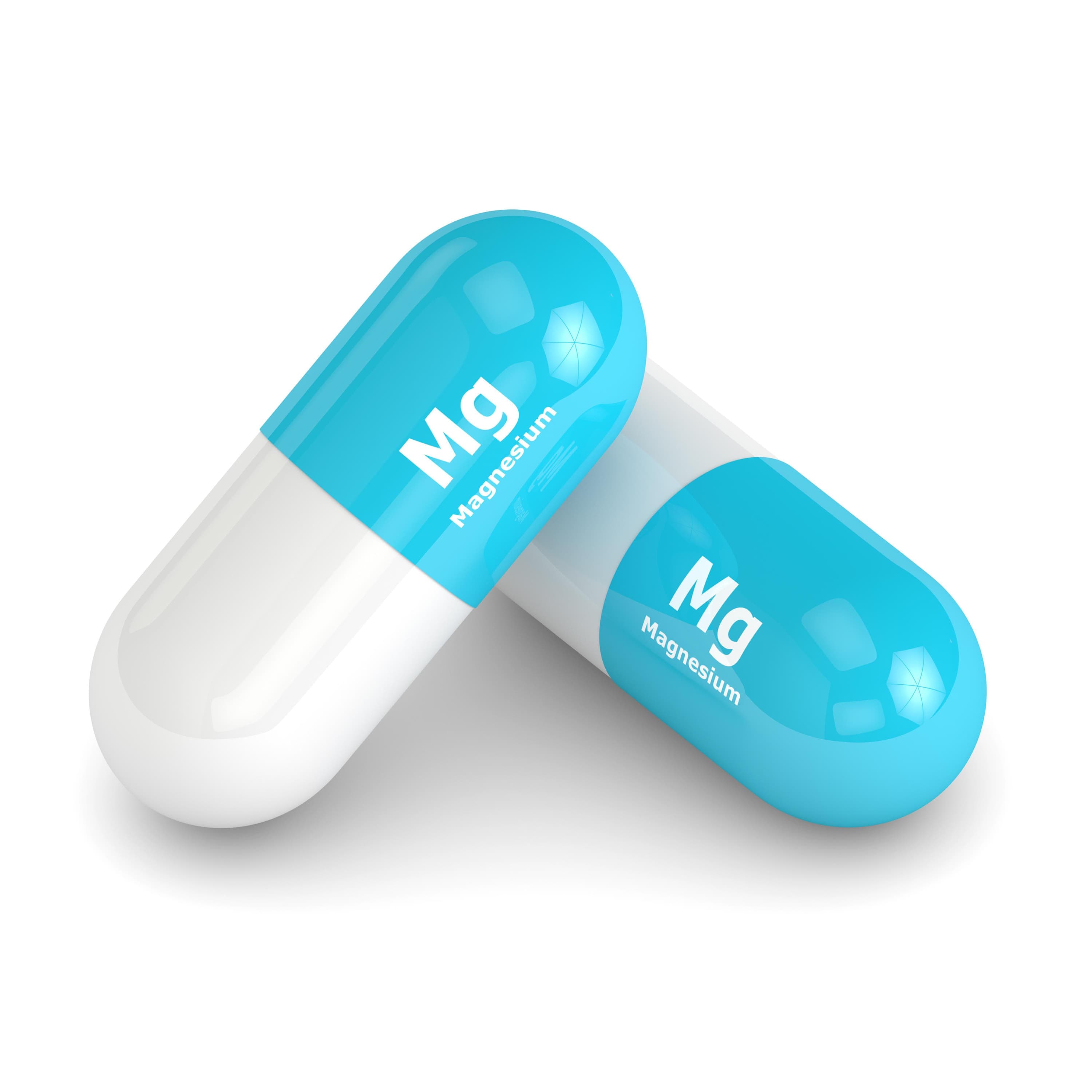
Streams of medicines: how Switzerland cleaned up its act
Loading player...
Switzerland is leading the world in purifying its water of micropollutants, a concoction of chemicals often found in bodies of water that look crystal clear. They include common medicines like antidepressants and antihistamines, but have unknown and potentially damaging consequences for human and ecosystem health. In the second of a two-part series, Phoebe Weston travels to Geneva to find out how the country has transformed its rivers from sewage-filled health hazards to pristine swimming spots. She tells Madeleine Finlay how a public health disaster in the 1960s spurred the government to act, and what the UK could learn from the Swiss about taking care of a precious national asset.. Help support our independent journalism at theguardian.com/sciencepod





